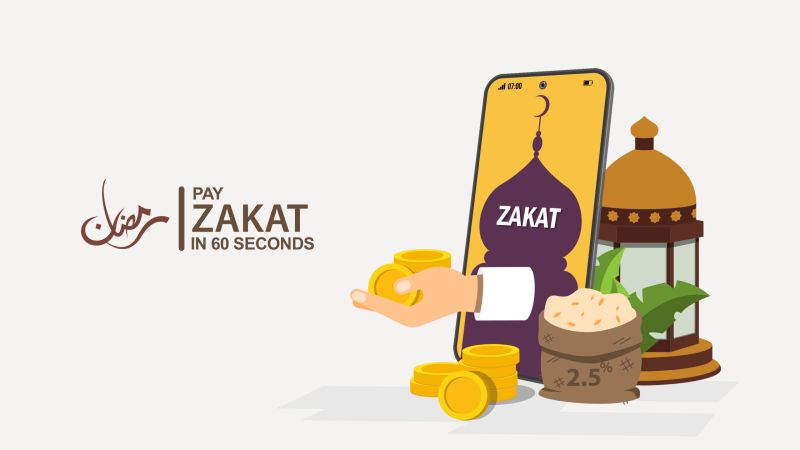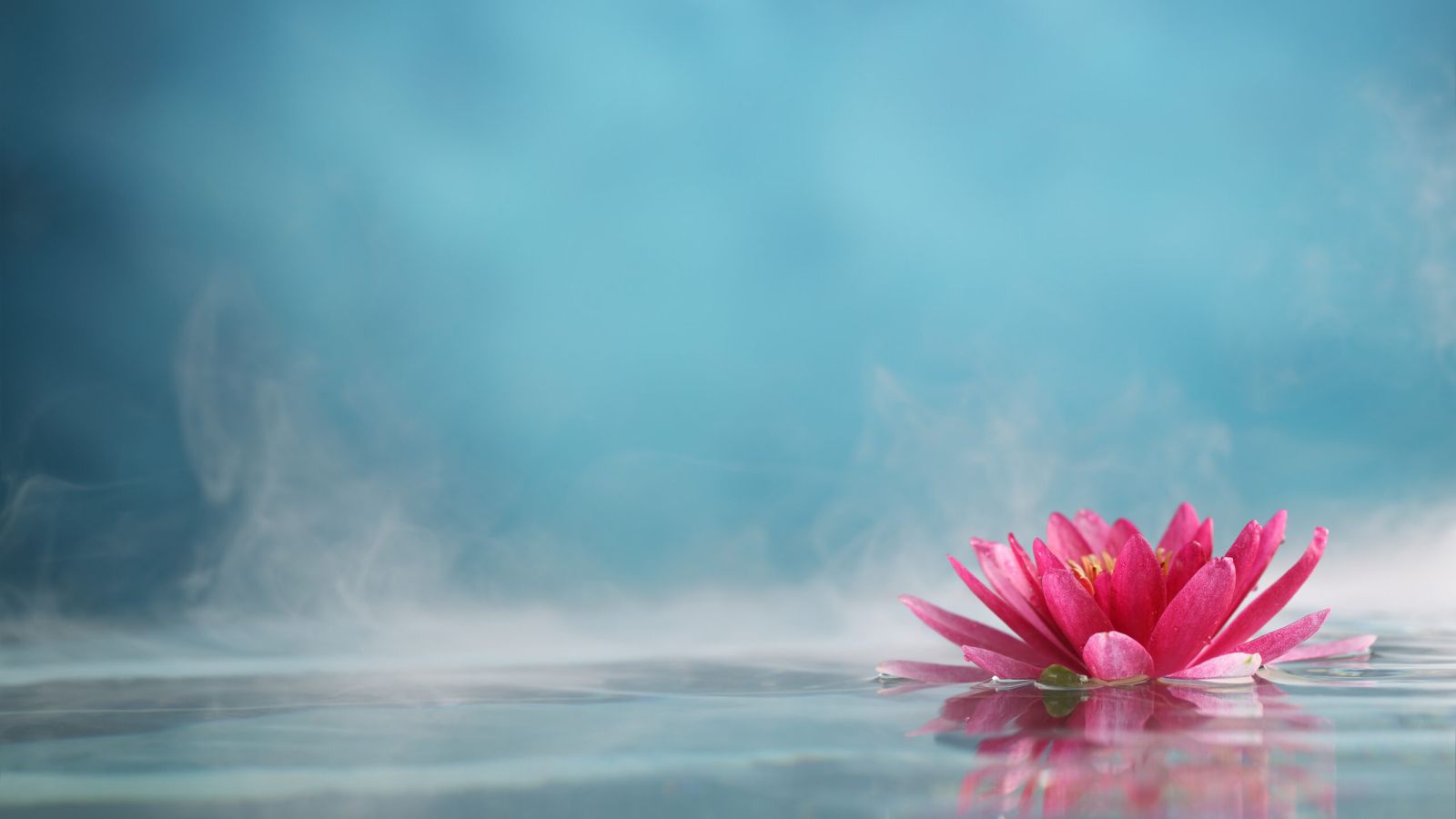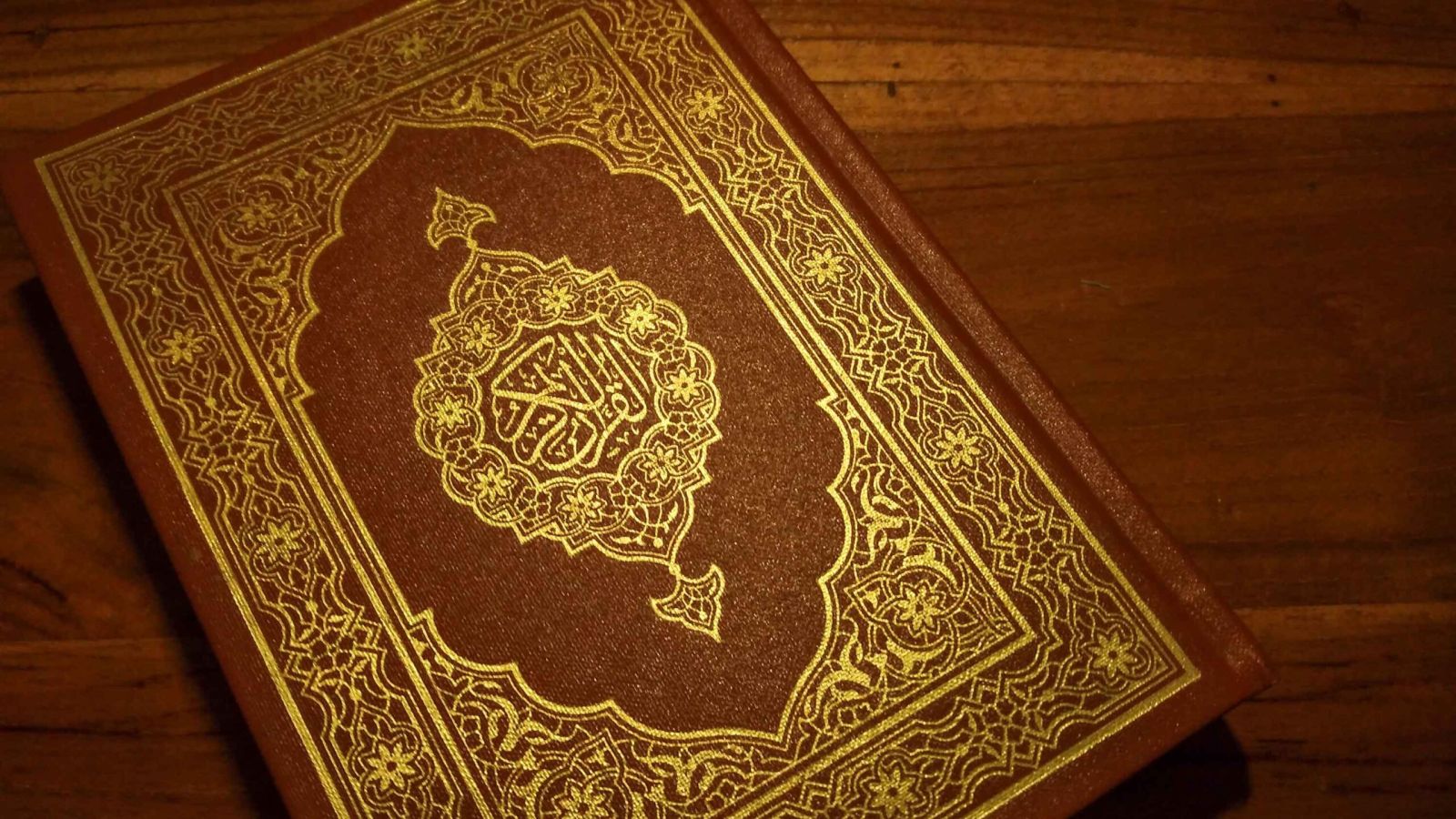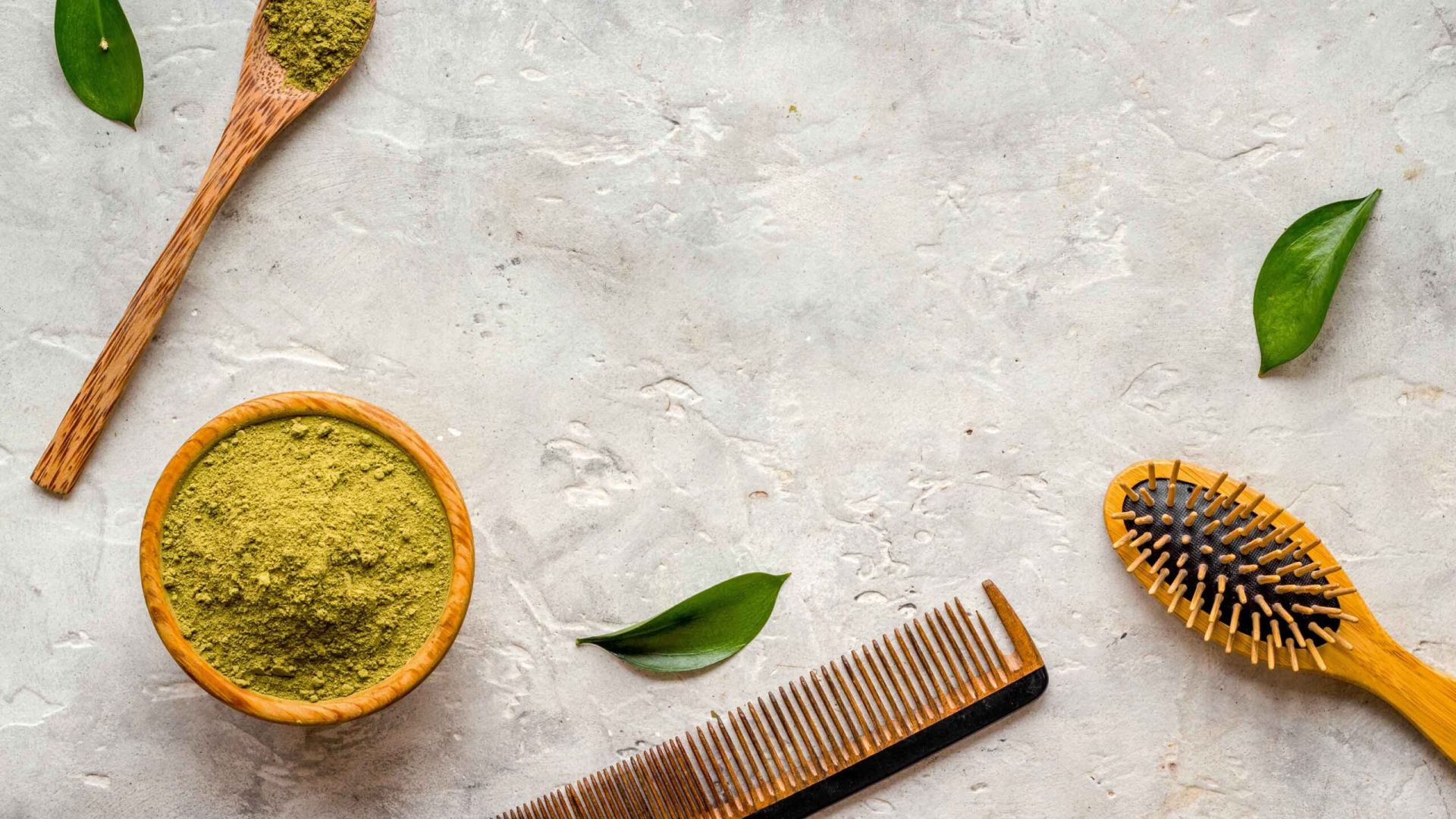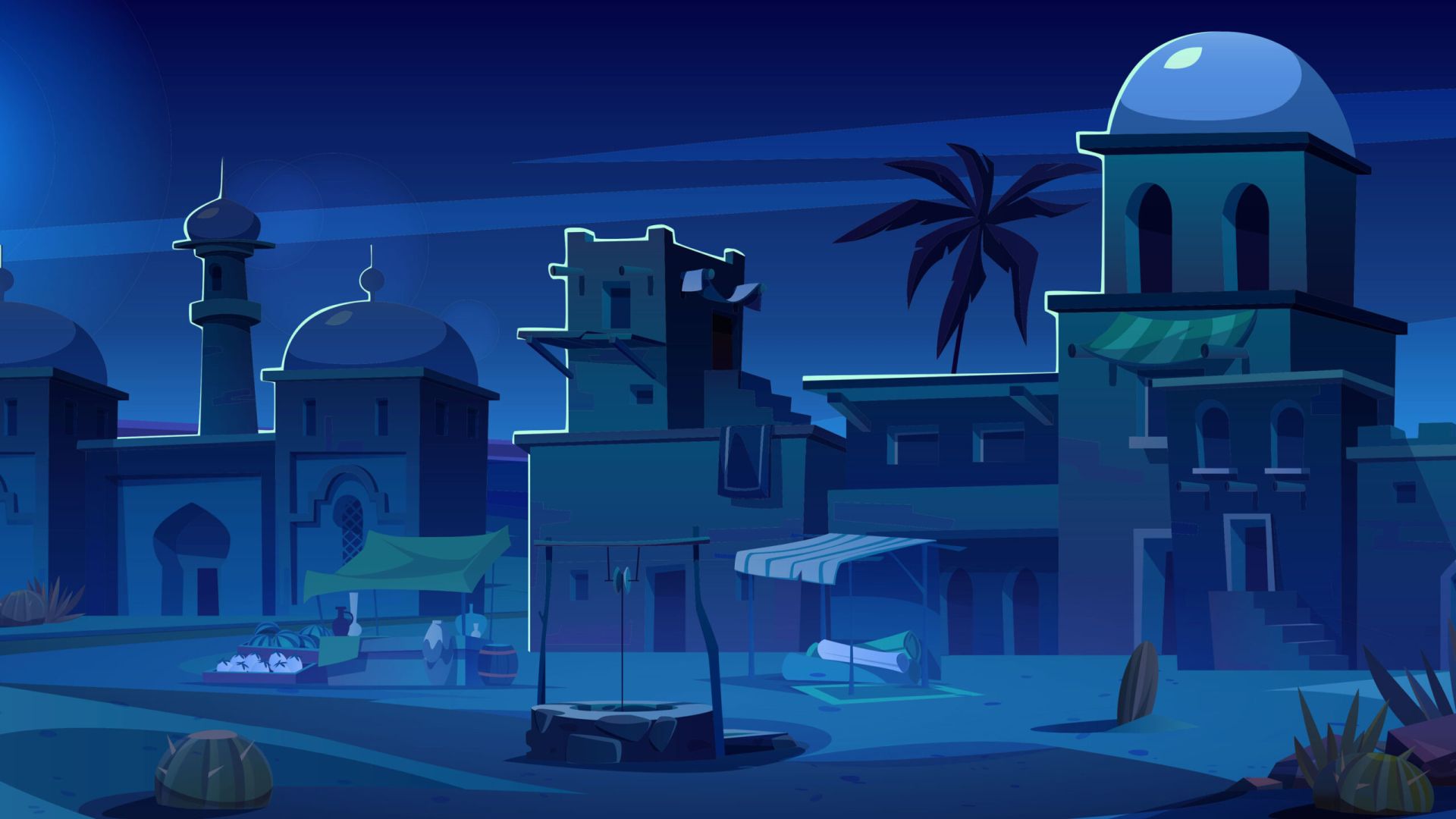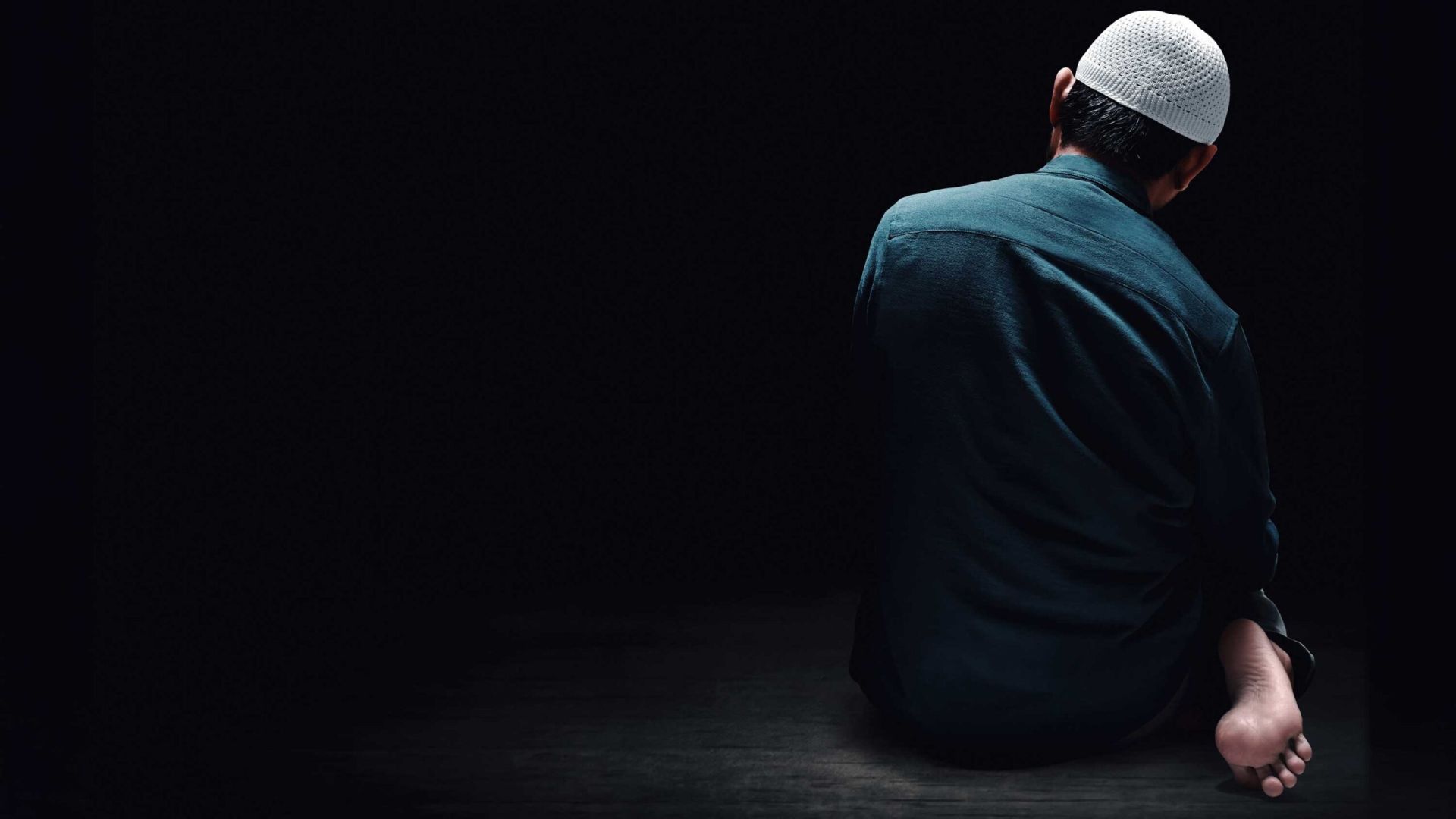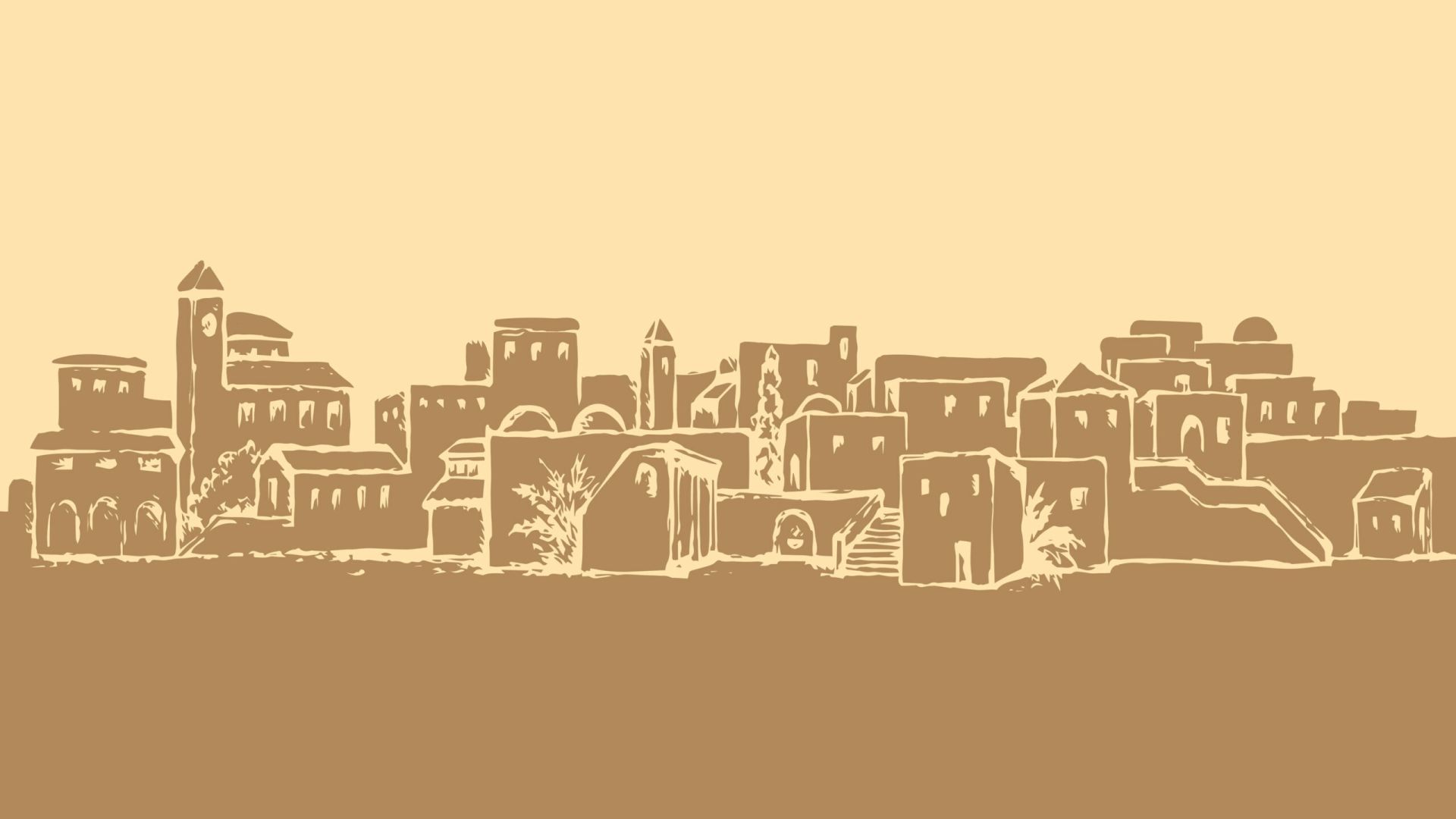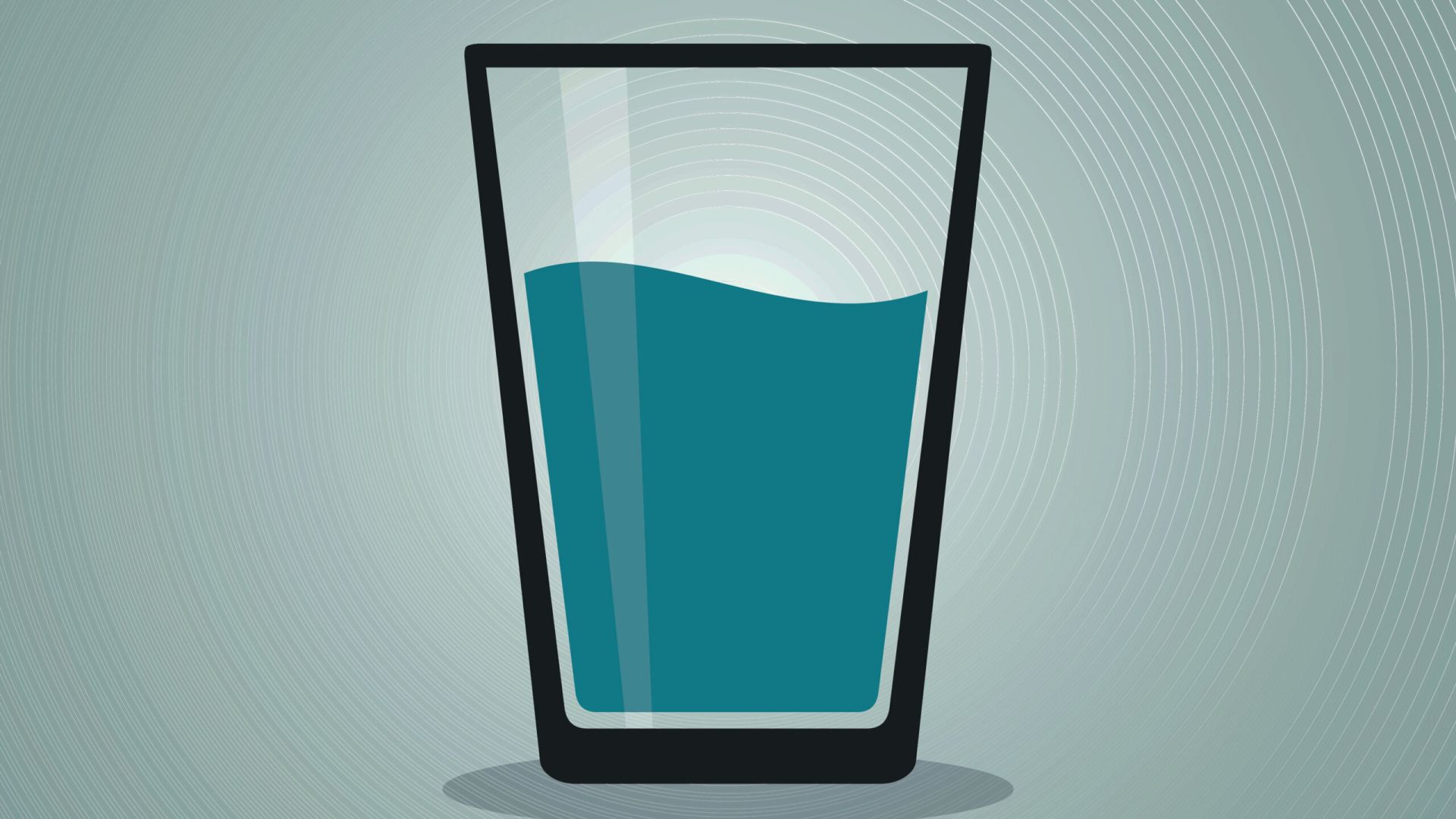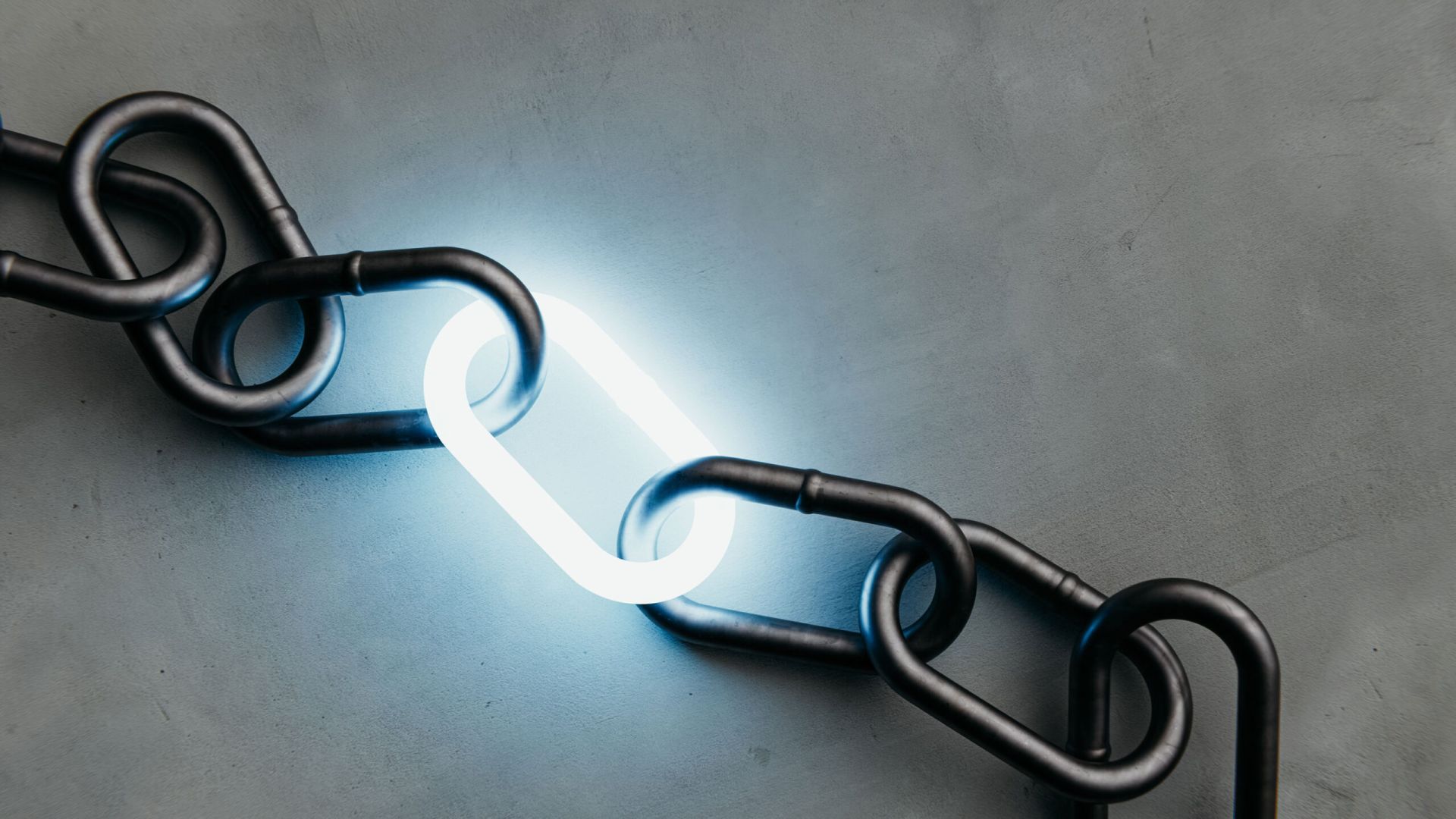The Five Things Specifically Granted to the Prophet Muḥammad (ﷺ)
Imām ʿAbd al-Raḥmān ibn Nāṣir al-Saʿdī
The Five Things Specifically Granted to the Prophet Muḥammad (ﷺ)
Imām ʿAbd al-Raḥmān ibn Nāṣir al-Saʿdī


On the authority of Jābir ibn ʿAbdullāh (رضي الله عنهما) who said: the Messenger of Allāh (صلى الله عليه وسلم) said “I was given five things that were not granted to any prophet before me. I was granted victory by means of fear [instilled in my enemies] at a distance of a month’s worth of travel. The entire earth has been made a place of prayer and a means of purification for me, so let any man that is overtaken by the time for ṣalāh perform his prayer. Partaking in the spoils of war has been made permissible for me while not previously being permissible for anyone who preceded me. I was also granted intercession. A prophet used to be sent to his people only while I have been sent to all of mankind.”1
Imām ʿAbd al-Raḥmān ibn Nāṣir al-Saʿdī comments:
Our Prophet (صلى الله عليه وسلم) has been favoured over many of the other prophets with immense blessings. Each of these praiseworthy attributes is associated with beneficial knowledge, or accurate information, or actions of righteousness. The most perfect, complete and elevated of all these things belong to our Prophet (صلى الله عليه وسلم). For this reason, after Allāh mentions each individual honourable prophet, He says to our Prophet (صلى الله عليه وسلم):
أُولَٰئِكَ الَّذِينَ هَدَى اللَّهُ ۖ فَبِهُدَاهُمُ اقْتَدِهْ
“They are those whom Allāh had guided. So follow their guidance.”
(Al-Anʿām, 6:90)
“Their guidance” that is, what they possessed of apparent and unapparent blessings. He (صلى الله عليه وسلم) has completely fulfilled what he has been ordered with and so has been favoured over all of the creation. For this reason, Allāh has granted our Prophet (صلى الله عليه وسلم) certain specific merits that are not shared between him and any other prophet. Among them are the five mentioned here, all of which represent goodness, blessings and benefit for his (صلى الله عليه وسلم) ummah.
Victory Being Granted by Means of Fear
One of them is being “granted victory by means of fear [instilled in my enemies] at a distance of a month’s worth of travel”. This is the type of victory granted by his Lord. It also takes the form of an army [of angels] from the sky which Allāh uses to aid His Messenger (صلى الله عليه وسلم) and his ummah who follow his guidance. Such that his enemy is pre-emptively instilled with fear upon being a month’s travel or less away from him. For if Allāh wishes to grant victory to a person, He instils fear in the hearts of his enemies. The Most High said:
سَنُلْقِي فِي قُلُوبِ الَّذِينَ كَفَرُوا الرُّعْبَ بِمَا أَشْرَكُوا بِاللَّهِ مَا لَمْ يُنَزِّلْ بِهِ سُلْطَانًا ۖ
“We shall cast terror into the hearts of those who disbelieve, because they joined others in worship with Allāh, for which He had sent no authority.”
(Al-Anfāl, 3:151)
While He has placed in the hearts of the believers strength, steadfast firmness and resolution, tranquillity and calmness—all of which are among the greatest means to victory. Allāh—the Most High—has promised our Prophet (صلى الله عليه وسلم) and his ummah great victory, that he will aid them with means which He guides them towards. Among these means are unity, cohesion, patience, and being fully prepared to meet the enemy by making ready all forms of power and other wise directives which He guides them towards. He aids them by means of this victory, as He—the Blessed, the High— has already been exemplified from the circumstances experienced by our Prophet (صلى الله عليه وسلم) and those who followed him, the rightly guided Khulafāʾ and the righteous kings who came after them. Allāh has completed and perfected their victories, granting them immense power in a brief period of time, the likes of which had not been granted to anyone besides them.
The Earth Being Made a Place of Prayer and Purification
The second attribute: “The entire earth has been made a place of prayer and a means of purification for me” the blessing of which is fully realised in his (صلى الله عليه وسلم) saying after it: “so let any man that is overtaken by the time for ṣalāh perform his prayer”. Thus, every place in the entire earth has been made a place of prayer. A person may use it to perform his ṣalāh without exception save for the places where prayer must be avoided, which have been explicitly stated by the Legislator. As it has been authentically confirmed that it is impermissible to pray in the graveyard, the toilet area2, camel enclosures or dwellings3, places that have been taken by force4, or places of najāsah due to the prerequisite of purity which applies to the body of the praying person, his clothing and the place of prayer.
Also, those who do not have access to water, or are harmed by its use, may perform tayammum5 by using clean earth from anywhere in the world. Regardless of whether the dirt associated with it has dust or not, as explicitly stated in this ḥadīth and in the saying of the Most High:
فَتَيَمَّمُوا صَعِيدًا طَيِّبًا فَامْسَحُوا بِوُجُوهِكُمْ وَأَيْدِيكُم مِّنْهُ ۚ
“Then perform Tayammum with clean earth and rub therewith your faces and hands.”
(Al-Māʾidah, 5:6)
Clean earth is that which sits on any part of the earth. It also proves that performing tayammum takes the place of purification with water, allowing one to perform ṣalāh, ṭawāf, touch the muṣḥaf, and any other action that is done following purification with water. As the Legislator has allowed dirt to take the place of water when water cannot be used. This also proves that the person who purifies himself with dirt and has not invalidated his state of purity, will not have his state of tayammum invalidated by the mere expiration of the time of prayer or its start. Also, that if he intended to pray supererogatory prayers with the performed tayammum, it is also permissible for him to pray obligatory ṣalāh just as if he had purified himself with water. The rulings associated with purification by tayammum are the same as purification with water, provided water cannot be used.
The Partaking in the Spoils of War
The third attribute: “Partaking in the spoils of war has been made permissible for me while not previously being permissible for anyone who preceded me”. This was granted due to his (صلى الله عليه وسلم) honourable standing with his Lord, the honourable standing of his ummah, and the blessings attributable to them and the perfection of their sincerity. For this reason, the spoils of war were made permissible for them, partaking in it does not reduce the reward of their fighting in the least. Its permissibility has facilitated the attainment of an increased sustenance for this ummah, abundant goodness, aiding them in matters of this worldly life and the hereafter in ways above enumeration. For this reason, he (صلى الله عليه وسلم) said: “My sustenance [i.e., the spoils of war] has been made attainable for me in the shadow of my arrow [i.e., in battle].”
As for the ummahs that preceded us, their battles were infrequent relative to this ummah. Additionally, the strength of their īmān and sincerity were deficient relative to this ummah. Their prevention from partaking in the spoils of war, in actuality, represents the mercy of Allāh on them, such that their actions would not lack sincerity. And Allāh knows best.
The Granting of Intercession on the Day of Judgement
The fourth attribute: “I was also granted intercession”. This refers to the great intercession, concerning which the greatest prophets shall seek respite from. Until their seal—Muḥammad (صلى الله عليه وسلم)—shall seek it on their behalf. Allāh shall grant him this intercession on behalf of the entire creation, such that he (صلى الله عليه وسلم) occupies a praiseworthy station. For the first and last of the creation, and the denizens of the heavens and the earth shall all praise him (صلى الله عليه وسلم). His ummah shall be granted the greatest allotment, and most complete proportion of his (صلى الله عليه وسلم) intercession. He (صلى الله عليه وسلم) shall seek a specific intercession on their behalf which Allāh will then grant him. As he (صلى الله عليه وسلم) said: “Every prophet has been granted an invocation which they have expeditiously used in this worldly life. While I have hidden mine away seeking by it intercession for my ummah. It shall be granted—if Allāh wills—for those among them who meet their demise while not associating partners with Allāh”6 and he (صلى الله عليه وسلم) also said: “The most jubilant of mankind by means of my intercession shall be those who say “There is nothing worshipped in truth except for Allāh” sincerely from their heart”.7
The Station of Being A Prophet Sent to All Mankind
The fifth attribute: “A prophet used to be” that is the category of prophets “sent to his people only while I have been sent to all of mankind”. This is in relation to the perfection of his (صلى الله عليه وسلم) legislation, and its encompassing and overarching nature. For it comprises absolute uprightness, unconfined to specific times or places. Goodness is unattainable except by means of it. It establishes magnanimous foundations for mankind, that when incorporated by them allows them to find prosperity in this world and the hereafter.
Endnotes:
[1] Authentic: narrated by al-Bukhārī: 335 and Muslim: 521.
[2] Authentic: Concerning the graveyard and the toilet area as narrated by Abū Dāwūd: 492 and al-Tirmidhī: 317. Graded authentic by Shaykh al-Albānī in Aḥkām al-Janāʾiz: 137.
[3] Authentic: narrated by al-Tirmidhī: 348 and graded authentic by Shaykh al-Albānī in Ṣaḥīḥ Sunan Ibn Mājah: 622.
[4] Translator note: There is a difference of opinion regarding the issue of praying upon land taken by force with some scholars deeming the ṣalāh as accepted but the person is sinful for residing upon such land. This is the stance taken by Shaykh bin Bāz (see Fatāwá Nūr ʿalá al-Darb 5:68) and Shaykh ibn ʿUthaymīn (see al-Sharḥ al-Ṣawtī Lizād al-Mustaqniʿ 1:941). Shaykh bin Bāz said: “As long as the prohibition [that pertains to the use of such land] is general and encompassing, it does not affect the ṣalāh performed therein, even if using such land is impermissible. Based on this, if a person prays in land taken by force, or performs wuḍūʾ with water that was taken by force, or prays in clothing that was taken by force, his ṣalāh is deemed correct but he is sinful. This is the more correct opinion.”
[5] See article: Questions on Tayammum by Imām Muḥammad ibn Ṣālih al-ʿUthaymīn.
[6] Authentic: narrated by al-Bukhārī: 6304 and Muslim: 199.
[7] Authentic: narrated by al-Bukhārī: 99.
Source: Bahjah Qulūb al-Abrār: 81-84
Translated by: Riyāḍ al-Kanadī
Most Popular: Last 30 Days

Everyone’s Speech Is Subject to Acceptance or Rejection Except the Prophet (ﷺ)

The Beautiful Names of Allāh: How to Practice What They Entail in Our Lives

